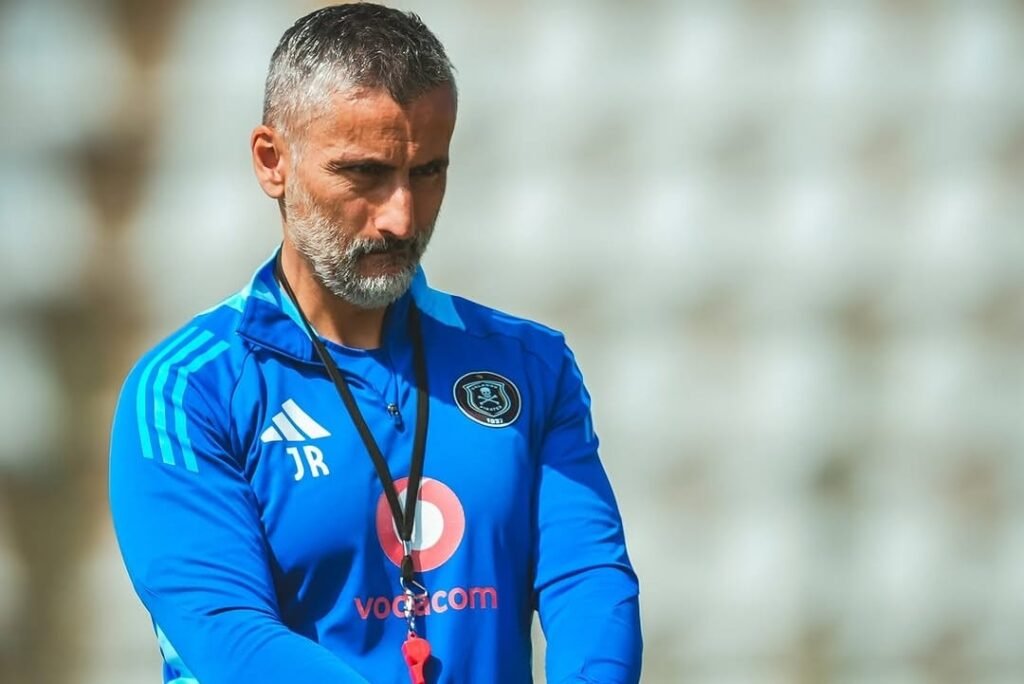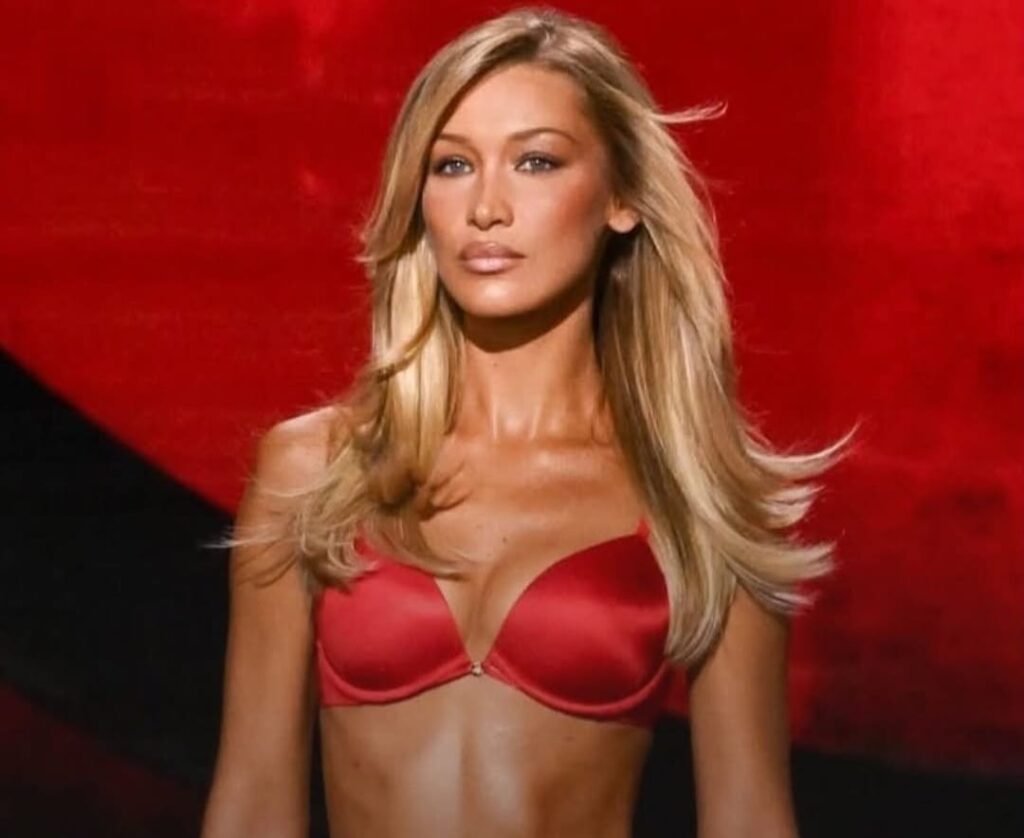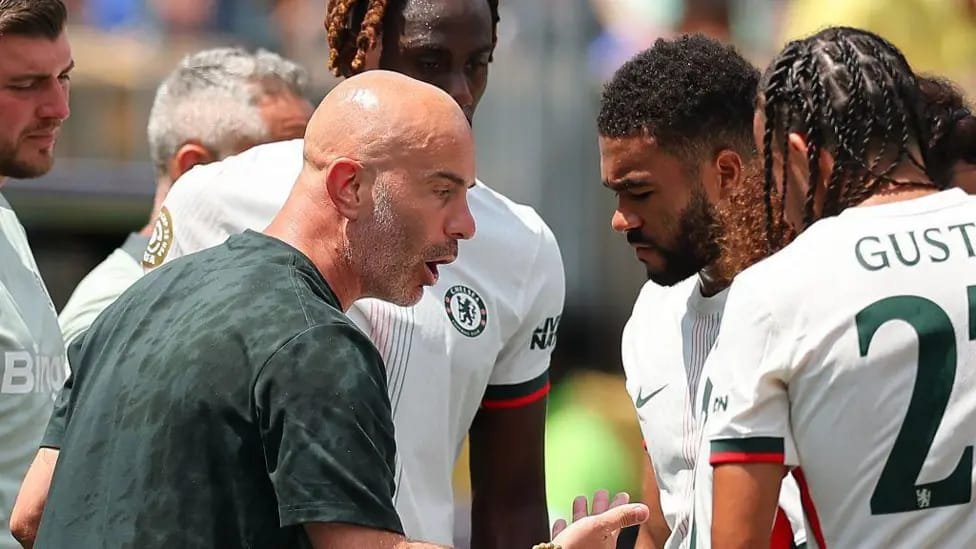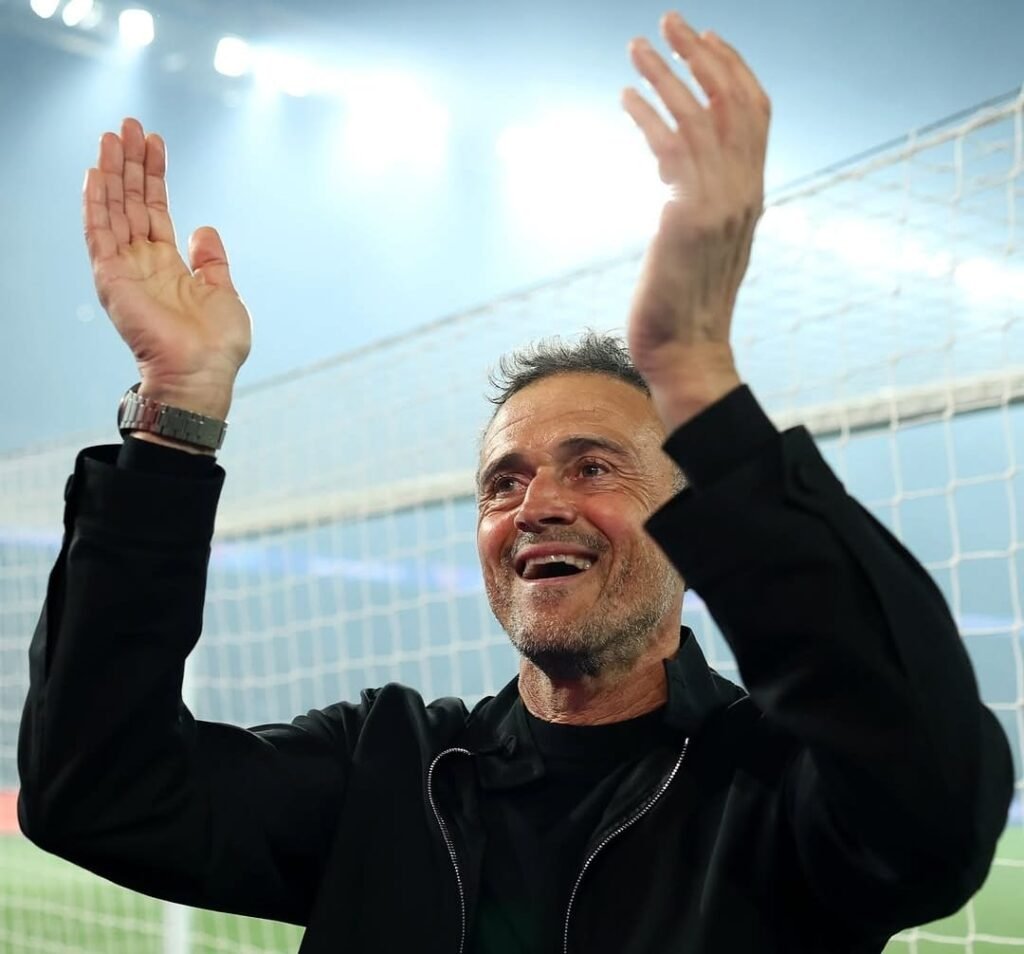
Paris Saint-Germain’s long-standing pursuit of European glory may finally be reaching its pinnacle. After a tense 2-1 victory over Arsenal in the second leg of their Champions League semi-final — sealing a 3-1 aggregate win — the French giants are headed to Munich, where they will face Inter Milan in the highly anticipated final on May 31.
For a club boasting 13 Ligue 1 titles but still chasing its elusive European crown, this moment feels particularly significant. The heartbreak of the 2019-20 final loss to Bayern Munich lingers, yet under the guidance of Luis Enrique, PSG has forged a new identity — one defined not solely by star power, but by unity, energy, and tactical discipline.
PSG’s Momentum: A Team in a Special Moment
“Out of all the Champions League teams I’ve seen this season, PSG are in a special moment,” said former England defender Matthew Upson on BBC Radio 5 Live. “There’s a real feeling this could be their year. They’re working incredibly hard for each other, and there’s an energy and intensity that’s hard to match.”
The emphasis on cohesion and collective effort has been central to PSG’s resurgence. Enrique’s philosophy blends structure with freedom, allowing individual talent to shine within a disciplined system. This balance has allowed PSG to overcome adversity and consistently deliver in high-pressure moments.
A Balanced and Youthful Squad
Luis Enrique’s influence is clear in PSG’s lineup. Unlike previous iterations reliant on superstar names, this squad emphasizes work ethic, versatility, and team chemistry. The departures of Neymar, Lionel Messi, and Kylian Mbappé could have destabilized the club, but Enrique leveraged this transition to create a youthful, high-energy side.
“They’re fighting for each other,” Upson added. “All the hallmarks of a team destined for success are there.” The emphasis on youth and local talent has not only energized the squad but also strengthened connections with fans, making PSG a team the city can rally behind.
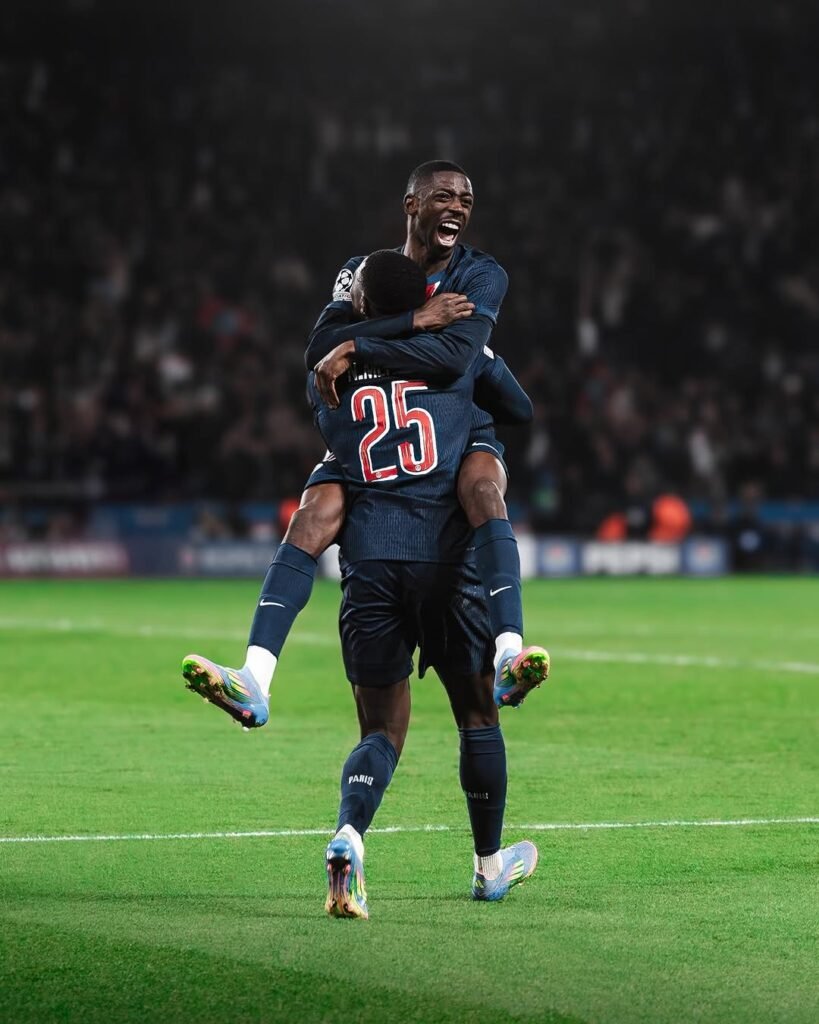
Full-Backs Driving the Dream
A standout feature of PSG’s success has been their full-back pairing. Achraf Hakimi, named Man of the Match in both semi-final legs, scored a sensational goal against Arsenal, providing both defensive stability and offensive firepower. Alongside Nuno Mendes, the duo offered constant attacking width and tactical flexibility, creating relentless pressure on opposing defenses.
“They’ve faced some of Europe’s best wingers and stood tall,” said former Manchester City defender Nedum Onuoha. “Their performances have been among the best by any full-back duo in this season’s Champions League.”
Donnarumma’s Heroics Between the Posts
Between the posts, Gianluigi Donnarumma has been a game-changer. His shot-stopping prowess in both semi-final legs earned praise from opponents and pundits alike. Arsenal manager Mikel Arteta called him the key difference-maker, noting:
“He was the best player on the pitch. His saves made the difference.”
Onuoha echoed this sentiment, emphasizing that Donnarumma’s composure under pressure has been a defining factor in PSG’s journey to the final.
A New Era Beyond Superstars
With the exit of Neymar, Messi, and Mbappé, many questioned PSG’s competitiveness. However, the club’s transformation under Enrique has been remarkable. The team’s young forwards — Ousmane Dembélé, Désiré Doué, and Khvicha Kvaratskhelia — have infused speed, creativity, and unpredictability into the attack.
Even sidelined with a hamstring injury in the semi-final, Dembélé’s absence was mitigated by Bradley Barcola’s emergence. Dembélé’s involvement in a record 12 Champions League goals this season cements his impact, while the supporting young stars provide depth, ensuring PSG remains lethal across all competitions.
“This PSG team is full of youth, energy, and fluidity,” said French football expert Julien Laurens. “Even without Dembélé, their front line is terrifying for any defense. Since the turn of the year, they’ve been the best team in Europe.”
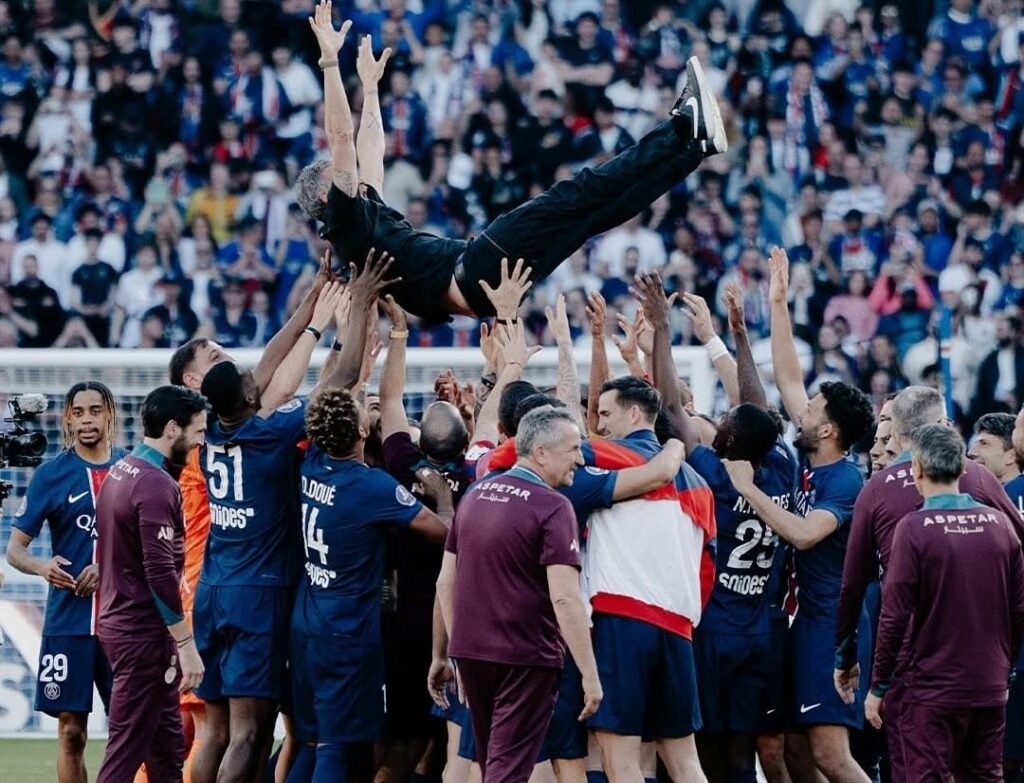
Tactical Discipline and Team Unity
Enrique’s tactical blueprint relies on high-intensity pressing, structured transitions, and collective responsibility. Every player, from goalkeeper to striker, contributes to both attack and defense. The squad’s willingness to adapt, cover for one another, and maintain intensity in crunch moments has been instrumental in navigating the tournament’s challenges.
The balance between tactical rigor and freedom of expression allows players to shine individually without compromising team structure. This unity, paired with their youthful energy, makes PSG a formidable opponent for any side, including Inter Milan in the final.
Looking Ahead: Munich Awaits
As PSG prepare for the final on May 31, the club’s blend of youth, cohesion, and determination positions them as genuine contenders. Fans are hopeful that the lessons from past disappointments — particularly the 2019-20 final — will translate into mental fortitude and resilience.
“This is their time,” said Julien Laurens. “They’ve built a team that’s not just talented individually but cohesive collectively. Everything points to this being a special moment in PSG history.”
With Munich set to host one of the most anticipated finals in recent years, all eyes will be on Enrique’s young squad. Can PSG finally claim the European crown that has eluded them for so long? If this season’s performances are any indication, the answer may very well be yes.


